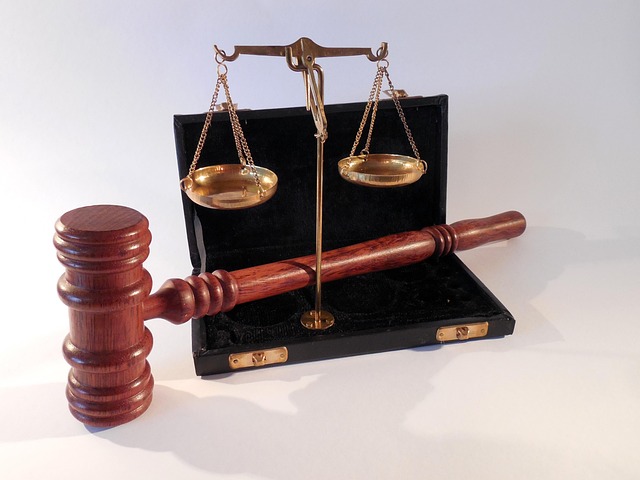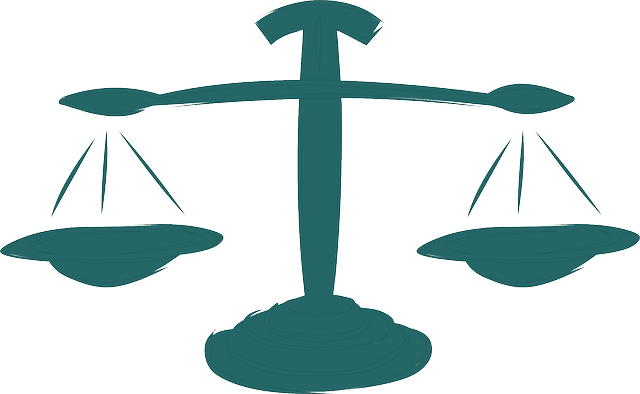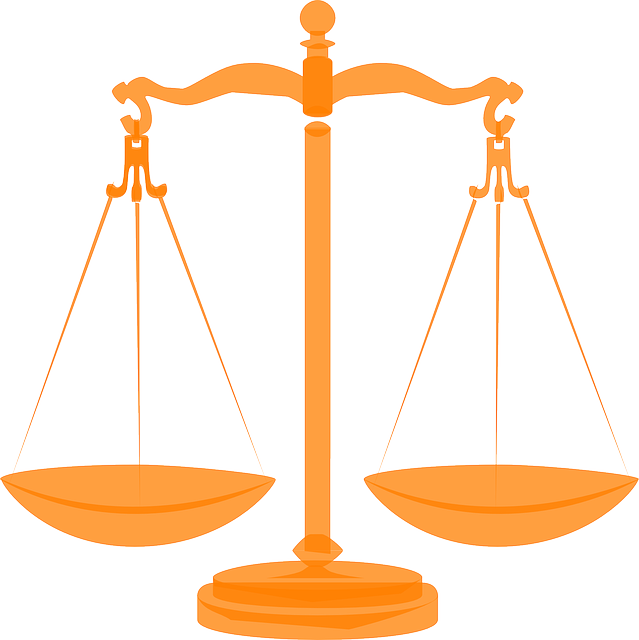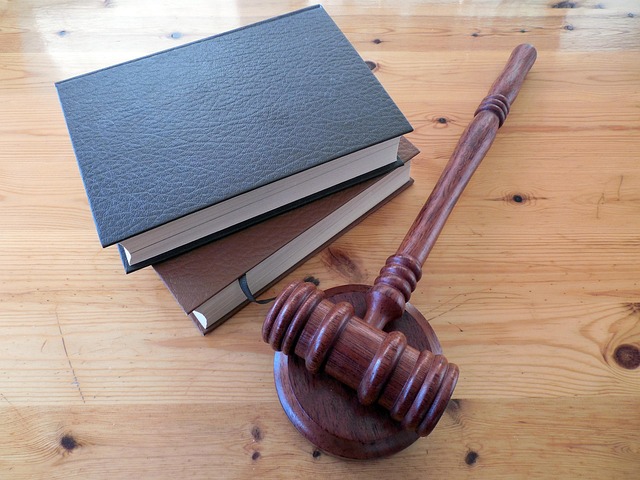Cycling, while enjoyable, carries risks that can lead to injuries. Understanding your rights for cycling injury compensation is crucial. This involves gathering and preparing witness testimonies, which can be pivotal in complex cases like employment or partnership disputes. Effective witness management strengthens claims, corroborates details, and increases the chances of achieving fair cycling injury compensation.
Cycling, a popular mode of transport and leisure activity, often comes with inherent risks leading to injuries. In compensation cases, witnesses play a pivotal role in establishing liability and quantifying damages. This article explores the significance of witnesses in cycling injury claims. We delve into how their testimonies can sway court decisions, impact settlement negotiations, and provide essential insights for effective management and preparation to maximize compensation for cyclists harmed in accidents.
- Understanding the Role of Witnesses in Cycling Injury Cases
- The Impact of Witness Testimony on Compensation Claims
- Strategies for Effective Witness Management and Preparation
Understanding the Role of Witnesses in Cycling Injury Cases

The Impact of Witness Testimony on Compensation Claims

Witness testimony plays a pivotal role in cycling injury compensation cases. When a cyclist is harmed due to another party’s negligence or intentional act, having witnesses present at the scene can significantly strengthen their claim for compensation. These individuals provide firsthand accounts of the incident, offering crucial insights into the sequence of events, the responsible party’s actions, and any contributing factors. This empirical evidence is invaluable in navigating complex legal proceedings aimed at securing appropriate cycling injury compensation.
In cases involving employment disputes or partnership disagreements where cycling injuries occur, witness testimony becomes even more critical. Unlike slip and fall injuries in public spaces, workplace or business-related incidents often involve intricate relationships and varying levels of liability. Witness statements can help establish whether employer negligence, partner misconduct, or a combination of both contributed to the cyclist’s harm. This detailed analysis is essential for achieving just and fair cycling injury compensation that accounts for all relevant factors.
Strategies for Effective Witness Management and Preparation

Effective witness management and preparation are key strategies in securing a successful cycling injury compensation claim. The process involves careful consideration of potential witnesses, including bystanders, fellow cyclists, and even representatives from insurance companies or relevant organizations. It’s crucial to gather detailed statements from these individuals, focusing on their firsthand accounts of the incident, including precise timelines, events leading up to the accident, and any immediate observations related to the cycling environment or safety measures in place (or absence thereof). This step is vital to corroborate the claimant’s version of events and challenge any discrepancies or contradictory information.
Moreover, preparing witnesses for their role in the case is essential to ensure their testimony aligns with the legal objectives. This preparation includes educating them on their rights, responsibilities, and the potential impact of their statements. It also involves clarifying key details they witnessed, such as speed, road conditions, or any safety protocol breaches (including slip and fall incidents), which can be pivotal in proving fiduciary duty breaches or insurance coverage disputes. Effective witness management not only strengthens the overall case but also enhances the chances of achieving a favorable cycling injury compensation outcome.
Witnesses play a pivotal role in cycling injury compensation cases, providing crucial insights and testimonies that can significantly sway the outcome. By understanding their function and effectively managing them, victims can enhance their chances of securing fair compensation for their injuries. Witness accounts offer an unfiltered view of events, ensuring that the truth behind cycling accidents is revealed, thereby facilitating a more just process in pursuit of cycling injury compensation.






